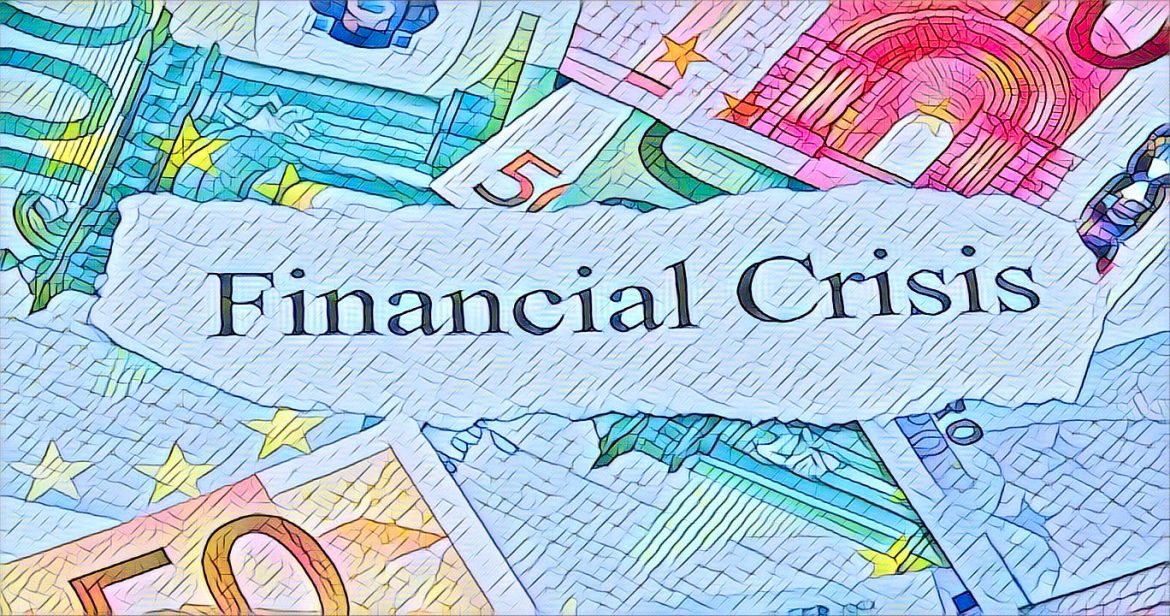Ghana is facing a severe debt crisis that could threaten its economic stability and development prospects. The West African nation has borrowed heavily from domestic and international sources, pushing its public debt to over 100% of GDP in 2022. The debt burden has become unsustainable, as the government struggles to service and roll over its loans amid rising borrowing costs and declining revenues.
To avoid a default, Ghana has sought a $3 billion bailout from the International Monetary Fund (IMF), which has agreed to provide a credit facility subject to board approval. The IMF deal, however, comes with strict conditions, such as fiscal consolidation, economic reforms, and debt restructuring. The government has already initiated a domestic debt swap, which will reduce the interest payments on its local-currency and dollar-denominated bonds. But this is not enough to close the financing gap, and the government will have to negotiate with its external creditors, including bondholders and China, to restructure its foreign debt.
Ghana is not alone in its debt woes. According to the IMF, more than 20 African countries were in debt distress or at risk of debt distress in 2022. Some of them, such as Tunisia, Kenya, and Nigeria, also face high and rising debt-servicing costs, and may need to restructure their debt in the near future. The COVID-19 pandemic, the global economic slowdown, and the commodity price shocks have worsened the debt situation for many African countries, which have limited fiscal space and external buffers to cope with the shocks.
The debt crisis poses a serious challenge for Ghana and other African countries, as it could undermine their growth prospects, social spending, and poverty reduction efforts. It also exposes them to the risk of creditor litigation, rating downgrades, and market access difficulties. To overcome the crisis, the governments will have to implement sound economic policies, enhance revenue mobilization, improve debt management, and diversify their economies. They will also need the support of the international community, such as debt relief, concessional financing, and technical assistance.
Ghana has shown resilience and dynamism in the past, and has achieved significant progress in its economic and social development. With the right policies and support, it can overcome its debt crisis and continue its path towards prosperity and stability.
Source: Ghana Web




